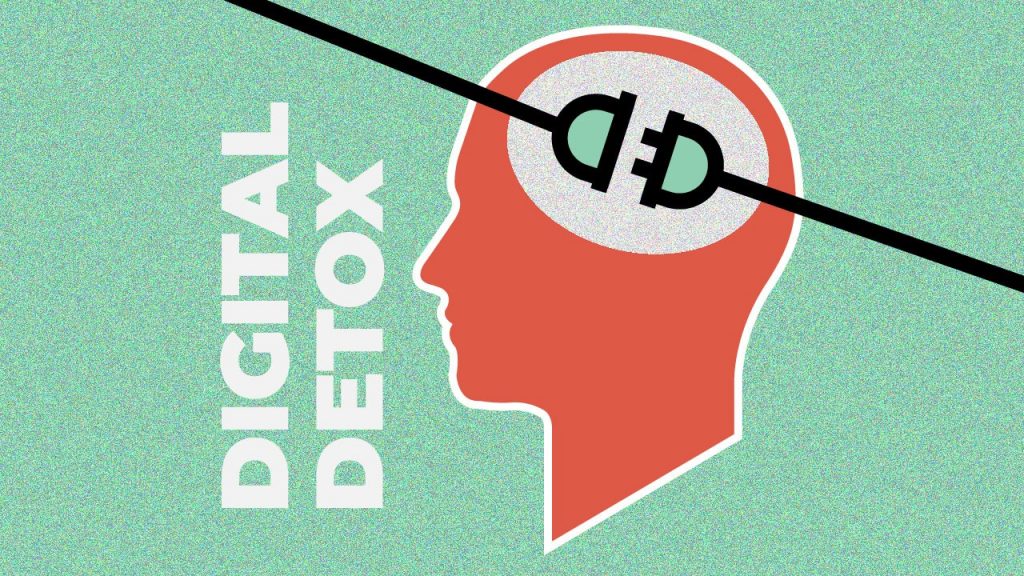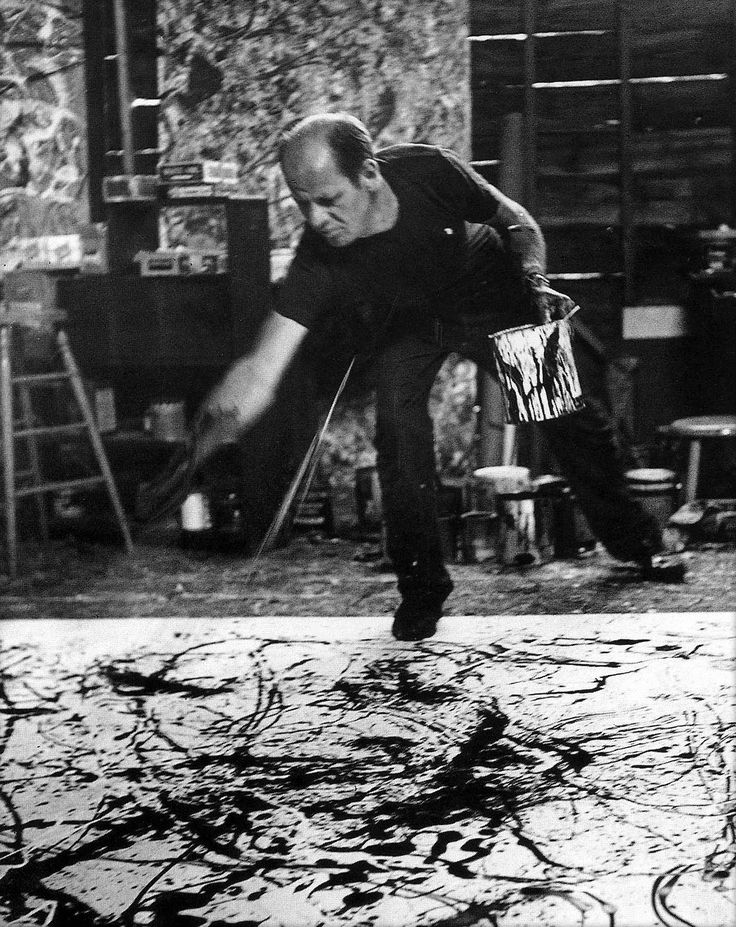by Carl Kruse
July 10 is National Piña Colada Day and while the contrived holiday verges on the embarassing, any moment to celebrate the delectable drink is fine by me and so here we go, a tribute to the piña colada. But from whence comes the cocktail?
Supposedly the 19th century Puerto Rican pirate Cofresí gave his crew a drink of coconut, pineapple and white rum to get them going, and this was what later would be the piña colada, though many historians dispute this story.
A recipe for a “pina colada” is included in The Savoy Cocktail Book by Harry Craddock, published in 1930. This recipe includes white rum, coconut milk and crushed pineapple blended with ice. But this is a recipe for a “pain killer,” of British Virgin Islands fame not really a piña colada.
In 1950, The New York Times reported that “Drinks in the West Indies range from Martinique’s famous rum punch to Cuba’s piña colada (rum, pineapple and coconut milk),” throwing confusion as to the origin of the drink.
The Caribe Hilton in San Juan claims one of its bartenders, Ramón “Monchito” Marrero created the piña colada in 1954. Supposedly Monchito settled upon the recipe for the piña colada — still used today — which he felt captured the essence of Puerto Rico. The hotel was presented with an official government proclamation in 2004 recognizing it as the actual birthplace of the piña colada.
Not to stay quiet, Barrachina, which is still standing on Fortaleza street in Old San Juan and has served amazing food for years (recommended if ever in the old city), claims that it was actually one of its bartenders, Don Ramon Portas Mingot, who created the piña colada in 1963. If you visit the restaurant today they have erected a plaque proudly proclaiming this. But this would have been nine years after the Caribe Hilton’s drink so the Barrachina claim is unlikely.

In his latest painting artist Carlos Davila Rinaldi celebrates Puerto Rico’s national drink – the Piña Colada, which a generation of Fat Tuesdays and Wet Willies have not been able to tarnish.
No matter who came up with the drink, the government of Puerto Rico declared it the official drink of the island in 1978.
And with all this talk about piña coladas, I could use one right about now.
==================
This Carl Kruse Blog homepage is at https://krusecarlblog.wordpress.com/
Contact: carl AT carlkruse DOT com
The blog’s last three posts were Three Tips for a Better Listener, Social Media Detox to Boost Mental Health, and Retrofitting Classic Cars with Electricity.
Also find Carl Kruse here.















